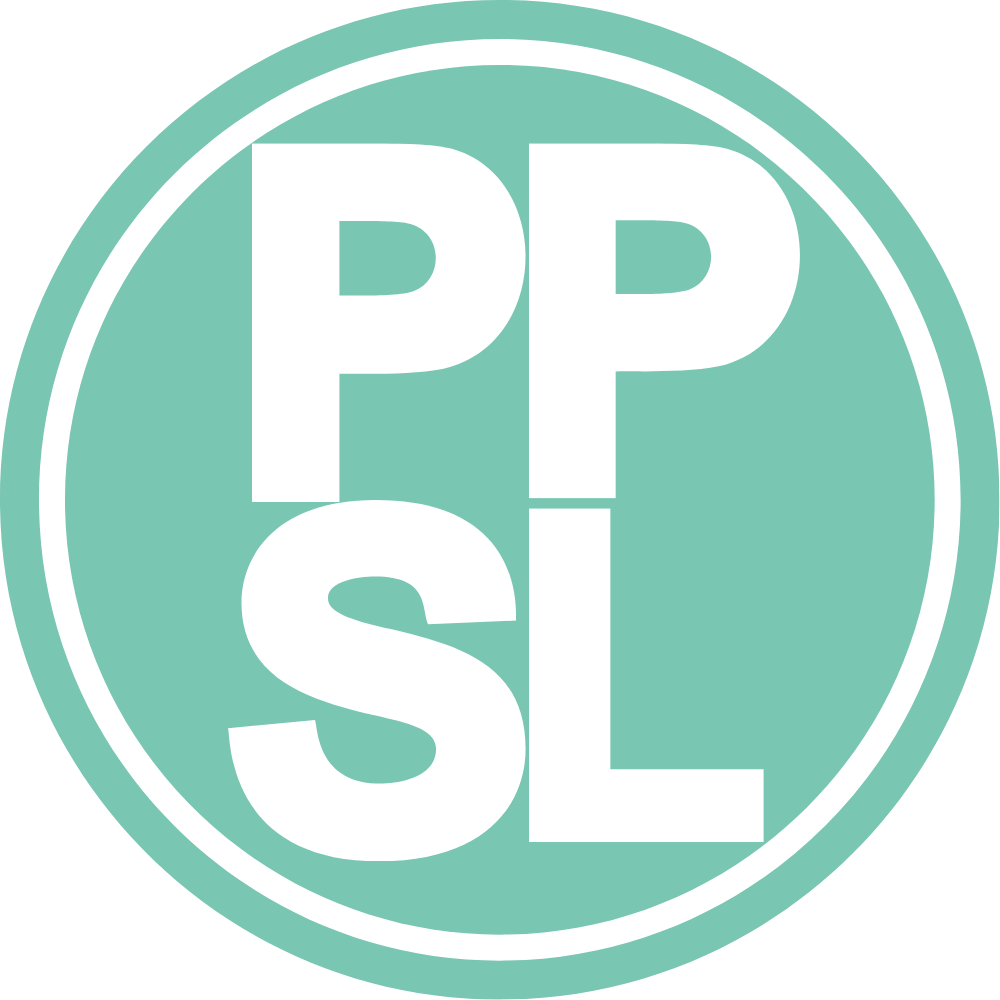Advocating for Proper Accreditor Oversight in Higher Education
Accreditation is intended to serve as a safeguard in higher education, ensuring that schools provide quality education and maintain fiscal, administrative and ethical standards. When that fails, students are left vulnerable to subpar education, exploitative practices, and financial instability.
Recently, the Project on Predatory Student Lending team and our clients had an opportunity to highlight the importance of this issue at the Department of Education’s NACIQI (National Advisory Committee on Institutional Quality and Integrity) Summer 2024 meeting, and to call for more stringent oversight of a particular accreditor, the Accrediting Council for Continuing Education & Training (ACCET).
Ashley Harrington, PPSL’s Senior Director of Policy and Advocacy, highlighted the rampant, and often devastating, misconduct that persists due to inadequate accreditation handling. Negligence, similar to the practices we’ve seen from ACCET, too frequently results in “heartbreaking, life altering and expensive” effects on students, she explained.
An example of failed accreditation
Earlier this year, Florida Career College (FCC) shut its doors after being exposed for systemic fraud and abuse. The Department of Education issued a settlement agreement with FCC’s for-profit school owner International Education Corporation (IEC) and its other subsidiary, United Education Institute (UEI), related to violations of their testing regulations.
Yet while FCC is closed, UEI is still enrolling students – even while undergoing scrutiny from the Department of Education for similar misconduct. The distinguishing factor here is that UEI has been accredited by ACCET, a different accreditor than FCC . As an accreditor, ACCET is supposed to make sure that the school follows the rules and does right by the students that attend.
This raises a critical question: Is ACCET fulfilling its duty as an accreditor, or is it failing to protect students just as FCC's accreditor did?
The Cost of Inadequate Oversight
Rebecca Delorma, a PPSL client and former student at Florida Career College, experienced what happens when accreditors fail to do their job. She first heard of FCC through a sponsored ad on Facebook: “When I looked into their medical assistance program, I was excited about several aspects — none of which actually existed as promised.”
At the meeting, she shared how FCC’s lies caused her financial hardship and called on the government to hold accreditors accountable, saying it’s their responsibility to ensure programs are worth borrowers’ investment.
Tanika Bolden, another client and former FCC student, shared an example of how she was pressured by FCC to lie on end-of-year surveys. They told her they needed positive surveys to help maintain the school's funding so it wouldn’t close before she could get her degree. "My life is ruined because of FCC," she said.
This could have been prevented by stronger accreditor oversight. As Ashley explained at NACIQI, “Our system relies on accreditors to be a major line of defense against institutions that fail to meet the standards required by law. Accreditors have access, or should have and require access to, the most data and insight about the schools they recognize.”
The Department ultimately recommended only a one-year extension of ACCET’s recognition as an accreditor, along with requirements that it demonstrate better compliance with regulations and standards.
But more action is needed to hold predatory institutions accountable. We urge NACIQI and the Department to do more to protect students from institutions that prioritize profit over education – before it’s too late.
